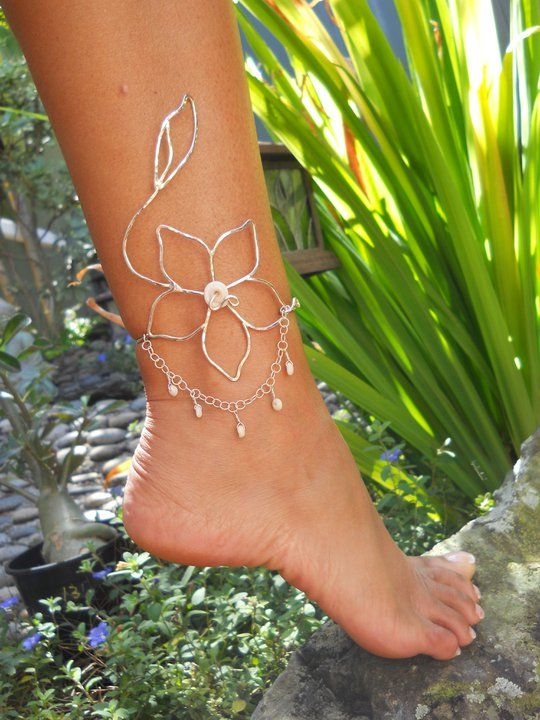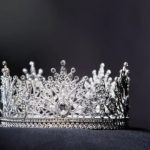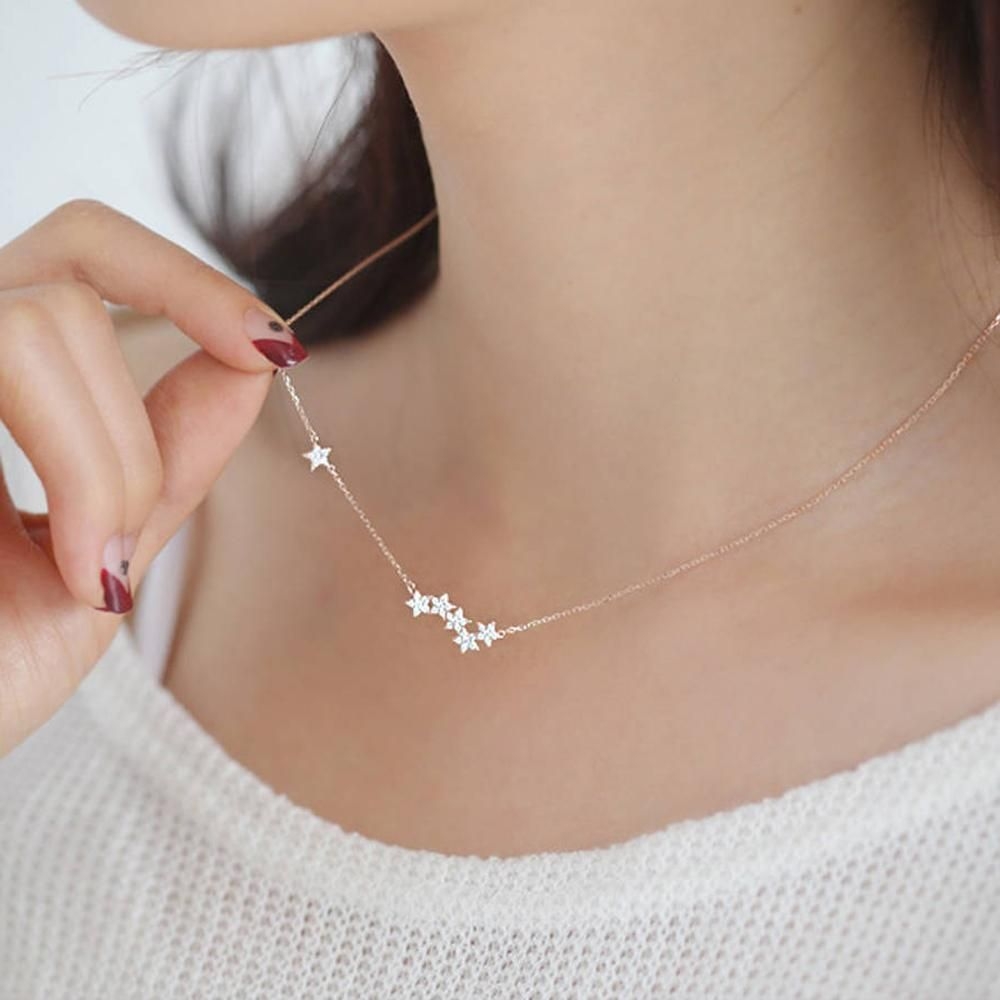The Wisconsin Use Tax is a type of tax that requires individuals to pay taxes for goods or services that are purchased outside of the state but still used in the state. This applies to any type of material goods, including jewelry making materials. The purpose of this tax is to ensure that out-of-state transactions receive the same amount of taxation as those through Wisconsin retailers.
In general, those who purchase goods from out-of-state sellers are subject to Wisconsin use tax if they use the items in their business or personal activities within the state. Specifically, since jewelry making requires certain physical components for its process, it would be necessary to consider these products in relation to a possible use tax when conducting transactions across different states.
Therefore, if an individual purchases jewelry making materials from an out-of-state seller and utilizes them for their craft in Wisconsin, then they may be subject to Wisconsin use tax liabilities.
It’s important to note that there are exemptions and special deductions when reporting use taxes. Furthermore, sellers may also be required to register for nonresident sales and income tax certificates from Wisconsin Department of Revenue in order to collect taxes on behalf of their customers.
Depending on one’s situation (e.g., residency status), different sales processes must be followed involving complex legal principles when collecting and remitting taxes associated with the purchase and sale of jewelry making materials across different states jurisdictions.
As such, individuals interested in selling jewelry making materials should take into consideration various aspects regarding taxation laws so they can identify any potential liabilities accordingly when arranging transactions with customers located beyond borders within the country or internationally.
Ultimately, this will assist them with providing accurate information about any applicable costs associated with purchasing jewelry making materials from them in order not compensate both parties while ensuring legal responsibilities are fulfilled according applicable laws on taxation systems disperse throughout the US for interstate commerce purposes.
Defining Use Tax and Other Types of Taxes it May Apply To
Use tax is a type of tax which applies to the sale or use of tangible items and services within a state. It is intended to provide fairness between out-of-state sales and in-state sales so that taxation remains equitable across both types of commerce. To this end, taxable purchases include tangible personal property, as well as any services related to these types of purchases such as delivery or installation.
In the State of Wisconsin, all consumers are required to pay use tax on any taxable item purchased outside the state where it would otherwise be subject to Wisconsin’s Sales Tax if bought from an in-state seller. This includes jewelry making materials such as beads, wire, tools, kits and supplies; with the exception of machinery or equipment used exclusively for production (which are not currently eligible for Wisconsin’s Use Tax exemption).
By law, jewelry makers must pay Use Tax at a rate identical to that of their local sales tax rate on products brought in from outside Wisconsin for use in their business.
The State Department also outlines a procedure to collect and remit any outstanding use taxes due from previous purchases made over the course of a year. This may include forms sent to vendors and a record keeping system that should be kept up-to-date when it comes time to file taxes each year.
In addition, sales receipts proving purchase from out-of-state vendors should always be saved until all applicable taxes have been paid. Failure to do either could result in civil or criminal penalties levied by the State’s Department of Revenue along with interest accrued if payments are not made on time.
Exploring Jewelry Making Materials and Supplies
Wisconsin use tax can be a confusing concept for jewelry makers of all experience levels. To determine whether a particular item will be subject to Wisconsin use tax, it’s important to know what materials and supplies are commonly used in jewelry making. Let’s take a closer look at the different types of jewelry components that Wisconsin residents should understand and consider when determining whether or not their jewelry materials will be subject to Wisconsin use tax.
One type of material that is frequently used for jewelry making is metal, including sterling silver, gold, copper and brass. Finding the right metal for your project can add unique flair and texture to any final piece.
Metal can often be bought as sheeting or wire, which means you’ll need specific tools like saw blades or pliers to cut it into the ideal shape before soldering or hammering it into place.
Depending on where you live, some metals may be subject to additional taxes beyond those required by Wisconsin use tax – such as yellow or red metals depending on their gold content – so it’s important to research both local and federal taxation rules before purchasing your components.
The second major component used in jewelry making are gemstones, either synthetic or natural. Synthetic gemstones cost considerably less than natural stones and can provide an interesting contrast in terms of color, size and structure when paired with precious metals like silver or gold in your projects.
Whether you choose natural or synthetic stones for your pieces, they’ll likely be subject to sales taxes as charged by Wisconsin state law after factoring in the feasibility of white labels versus engraved labeling among other determining factors set by the state legislation.
Tools are another component essential during the design process – whether it’s cutting pliers, wire cutters, saw blades, electric files or setting tools – each plays its own role during construction preparation depending on what results you want to achieve with your pieces. Like most other items purchased within the state of Wisconsin they’ll also be subject to any applicable sales taxes/use taxes upon purchase (although certain items may qualify as exempt).
As general rule any supplies utilized more than 50% throughout a taxable period will not incur taxes applied by WI sales/use laws so identifying specifically what materials will yield the best results for your designs is key whilst minimizing unrelated expenses incurred through taxation entities.
Examine How the Wisconsin Use Tax Impacts Jewelry Making Materials
In Wisconsin, anyone who engages in the business of designing or manufacturing jewelry will need to be aware of the possible usage tax and how it relates to their jewelry-making materials. The state of Wisconsin requires a use tax to be paid on tangible personal property such as jewelry making supplies and materials that are used in the production process.
Therefore, depending on where you purchase your materials and what type of items they are, you may need to pay use taxes on the sale.
The Wisconsin use tax applies to all purchases made from out-of-state retailers for delivery into Wisconsin that is not subject to sales tax. This includes retail sales made over the internet, from mail order catalogs, or by phone.
If a purchase is made from an out-of-state retailer and delivered into Wisconsin, then a 5% use tax is due on the retail price of any item purchased. The 5% rate includes any local taxes or surcharges which might have been added if the sale had occurred in-state.
If you make taxable purchases of jewelry making supplies and materials within your home state of Wisconsin then you must remit the applicable State Sales Tax rate based upon where those purchases are being made; this will typically range between 5% – 6%.
All sales transactions whether online, telephone orders, over the counter sales at physical stores or via mail should thus charge applicable State Sales Tax in addition to any other relevant state or local taxes charged upon each sale transaction.
Purchases from individuals are generally exempt from State Sales Tax however resale certificates do not apply for individual sales so buyer beware. Additionally some cities & counties may impose additional sales taxes above and beyond State Sales Tax rates imposed statewide.
Examples of Jewelry Making Materials That Are Subject to Tax
Jewelry making materials are subject to Wisconsin use tax when these items are bought directly from manufacturers or merchants who do not collect sales taxes. This includes objects, components and supplies that may include materials such as precious metals, gemstones, beads and findings. Because such items can be used for personal, decorative jewellery-making projects they are taxable in the state of Wisconsin unless other standards apply that exempt them from taxes.
The state reserves the right to classify certain types of jewelry making materials as exempt under certain conditions. For example, if the item is meant for medical, religious or charitable causes then it might qualify as a non-taxable item in Wisconsin.
Charitable organizations are typically not taxed on any purchases made while conducting the business of their respective mission however; an exemption certificate is still required and must be issued by the Department of Revenue for all purchases that meet requirements for sales and use tax exemption.
Finally, some items also fall into categories where taxation only applies when a retailer sells ready-made jewelry products that have been routed through different tiers of distribution prior to its sale at a store or online outlet. Generally speaking though, bulk quantities of raw jewelry materials purchased by consumers are taxable unless otherwise noted in state laws and regulations regarding taxation of artistry supplies including metalsmithing tools and other related equipment.
Exemption statuses should always be double checked prior to purchase to ensure no incorrect assumptions about taxability have been made.
Potential Exemptions for Jewelry Making Materials in Wisconsin
The sale of jewelry making materials in Wisconsin is subject to a 5% state use tax. Items such as beads, chains, findings, stones and metal sheet would all be subjected to this type of taxation. To determine if a particular item is taxable in the state of Wisconsin, the retailer must first identify the items that are exempt from sales tax or use tax.
If a product falls into these categories, such as jewelry items sold for resale or repair purposes, no taxes need to be collected. However, it should be noted that not all jewelry-making products are exempt from use tax, so careful research needs to be done on each transaction.
In addition to identifying which materials are not taxed under Wisconsin law, there are certain exemptions available for businesses and individuals for certain purchases of jewelry-making materials in the State of Wisconsin. For example, manufacturers may purchase office furniture and equipment even if they don’t resell it; however they will have to pay a 3% industrial use tax instead of the 5% general use tax rate.
Another exemption applies to jewelers who are purchasing silver or gold bullion and other raw materials used in production at their business; this is considered manufacturing machinery & supplies which is currently not subject to either the 3% industrial or 5% general use tax rate.
Challenges to Consider When Taxing Jewelry Making Materials
When it comes to retail purchases in Wisconsin, the Use Tax applies whether buyers buy products within the state or outside it. When it comes to sales of jewelry making materials, jewelry craft supplies, and other items purchased by businesses for their own use, however, decisions regarding taxation can become rather complex.
Whether a business’s purchase is subject to Wisconsin Use Tax may be determined by several factors, including the type of material being purchased. For instance, if a business buys a piece of jewelry-making equipment and plans on using it solely for that purpose, then any taxes applicable to its purchase would depend on what kind of item is being sold.
Specifically, if the equipment or supplies are intended for use by an employee or have been used before in some way (such as manufacturing jewelry products), then the sale will most likely be subject to Wisconsin’s Use Tax laws.
Another issue arises with respect to the use of precious metals and stones (e.g., silver and gold) which are commonly used in jewelry-making activities. The rules vary depending on what kind of metal is being used; for example, if silver or gold is being used exclusively for decorative purposes (i.e., no resale intentions), then Wisconsin’s use tax rules won’t apply.
However, if precious metals are used as part of a larger product-for example as part of a watch casing-then they incur both regular sales taxes and use taxes just like all other types of materials utilized in jewelry-making activities.
Ultimately when determining if something is subject to Wisconsin’s Use Tax when purchasing Jewelry Making Materials involves considerations more complex than simply putting certain items into broad categories such as “equipment” or “precious metals and stones.” Business owners should carefully assess each individual scenario that pertains to their operation in order to determine what portion – if any – will be taxable under Wisconsin law.
Steps to Ensure Proper Taxing of Jewelry Making Materials
Jewelry making supplies such as wire, beads, findings and tools are subject to Wisconsin use tax. This means that the supplier of the materials is required to pay the appropriate sales tax on all purchases made within Wisconsin. It is also important to note that jewelry making materials purchased outside of Wisconsin are subject to use taxes in the place where they were delivered in Wisconsin.
To ensure proper taxation of jewelry making supplies, it is important to understand what items are taxed and how to calculate taxes accurately. Transactions for tooling and equipment for manufacturing jewelry or engaging in jewelry repairs are taxable services; however, there may be certain exceptions for parts used exclusively for those activities.
For example, any fees paid for customized designs or repairs made by a professional jeweler may be exempt from taxes. Jewelers can ask their suppliers about items specifically purchased for resale before supplying a use tax certificate.
It is also wise for jewelers to keep detailed records of all material transactions and relevant documentation including invoices, purchase orders and shipping documents so that they know exactly how much was spent on each type of material.
Additionally, if a firm manufactures jewelry (or substantially changes something like metal into a new product) then these products may be exempt from sales tax depending on the jurisdiction they operate in – check with your local taxing authority if unsure of the regulations related to this area.
Lastly, when calculating taxes due remember that rates vary based on whether the goods are bought at a wholesale price or retail pricing – so always do your own calculations using current rates before submitting your payment.
Conclusion
Wisconsin Use Tax is applicable on jewelry making materials such as tools, stones, and supplies. These materials can include everything from crystals to jewelry boxes to beads and charms. Any Wisconsin resident that purchases these items for resale or personal use must pay the Wisconsin Use Tax. Additionally, any items purchased outside of the state must also be subject to this tax when delivered into the state of Wisconsin.
Jewelry making materials are taxed at the same rate as general merchandise in Wisconsin. This rate depends on the city or county customers live in, but it’s usually 5.5%, plus applicable district taxes if any. However, retailers and wholesalers with a valid permit may be exempt from paying this tax for their purchases of certain materials used in jewelry-making activities such as findings, beads, charms, and stringing material.
The State of Wisconsin does allow for various exemptions when it comes to purchasing jewelry making materials for re-sale or personal activities so it’s important to understand what’s exempt before making any purchases. Jewelers should ensure they have all the necessary paperwork certified by their certifying body in order to minimize their liability when reselling jewelry-making supplies as free from taxes whenever possible.
In conclusion, those purchasing jewelry making materials within or outside of Wisconsin are subject to paying the appropriate use tax based on where they live and any additional district taxes applicable at that time. It is important to check both current municipal and state laws before purchasing to ensure full compliance with relevant regulations applied at that time.

Welcome to my jewelry blog! My name is Sarah and I am the owner of this blog.
I love making jewelry and sharing my creations with others.
So whether you’re someone who loves wearing jewelry yourself or simply enjoys learning about it, be sure to check out my blog for insightful posts on everything related to this exciting topic!





